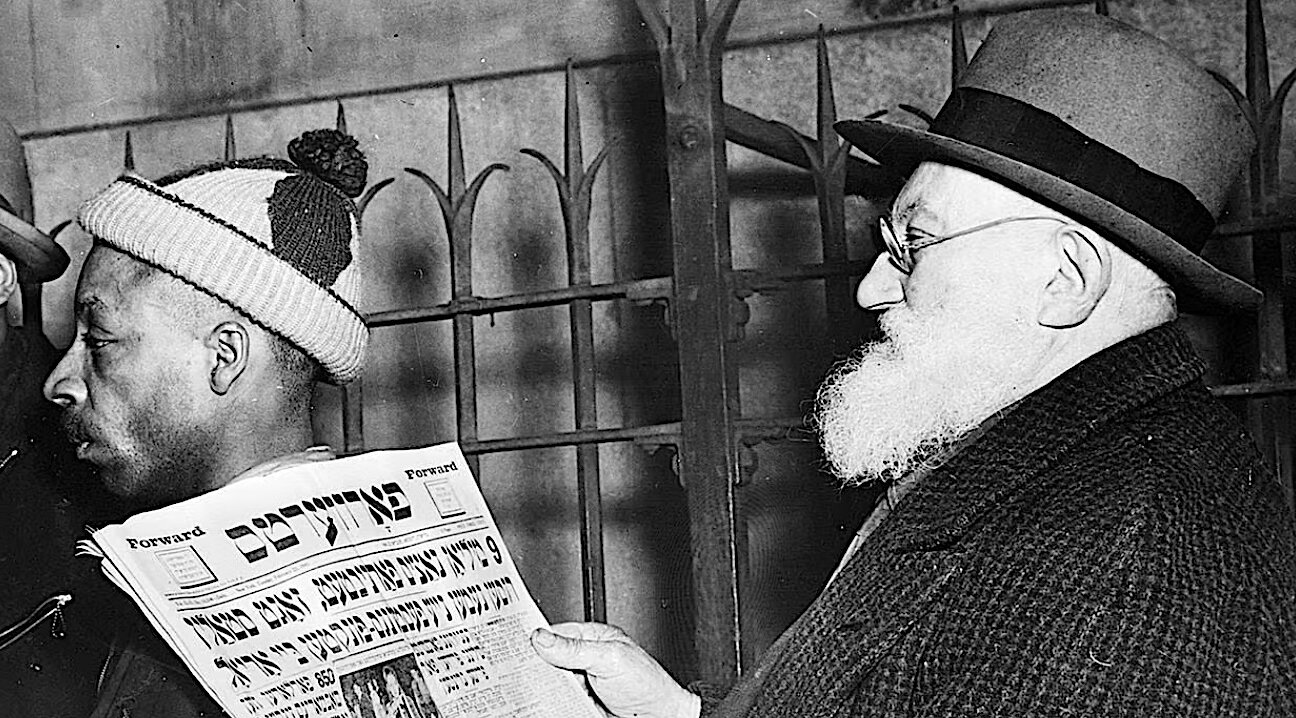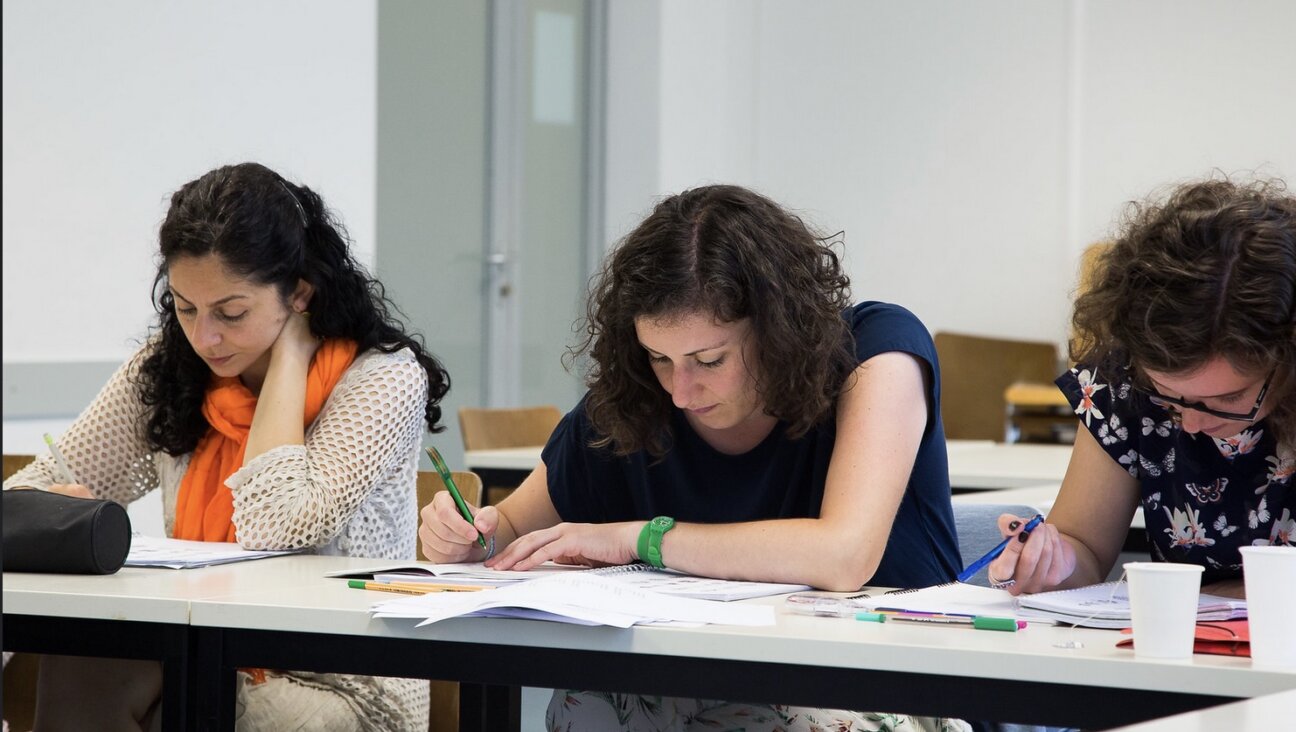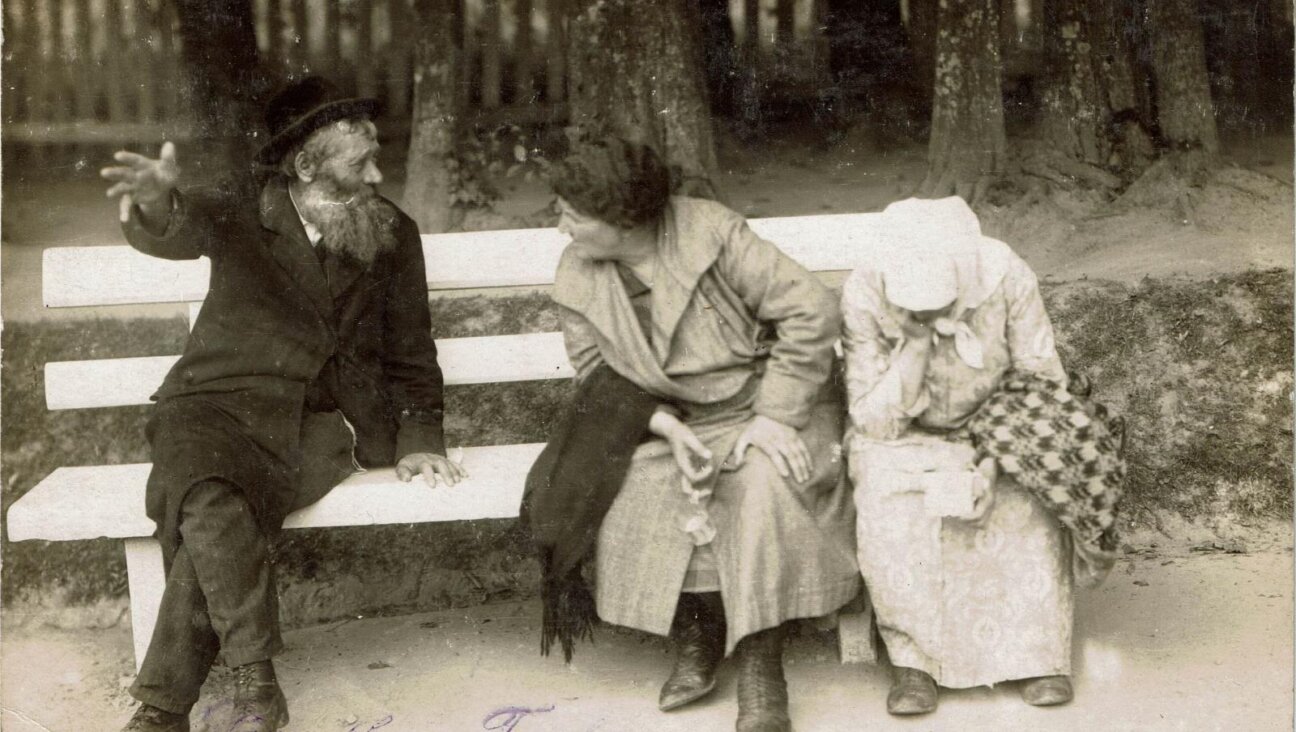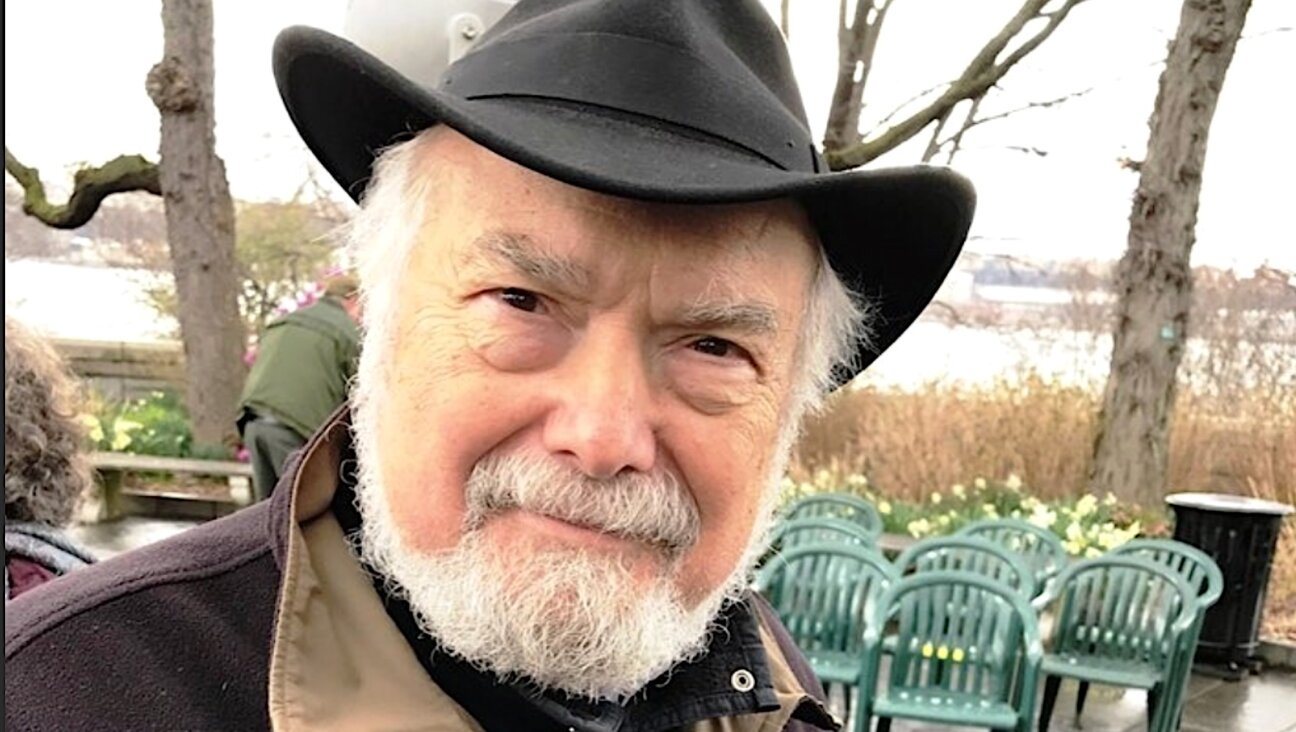Zoom lecture (in Yiddish): Popular culture and language use among American Hasidim
Linguist Chaya Nove will discuss how the prolific Hasidic cultural scene is reflected in the lives of ordinary Hasidic consumers
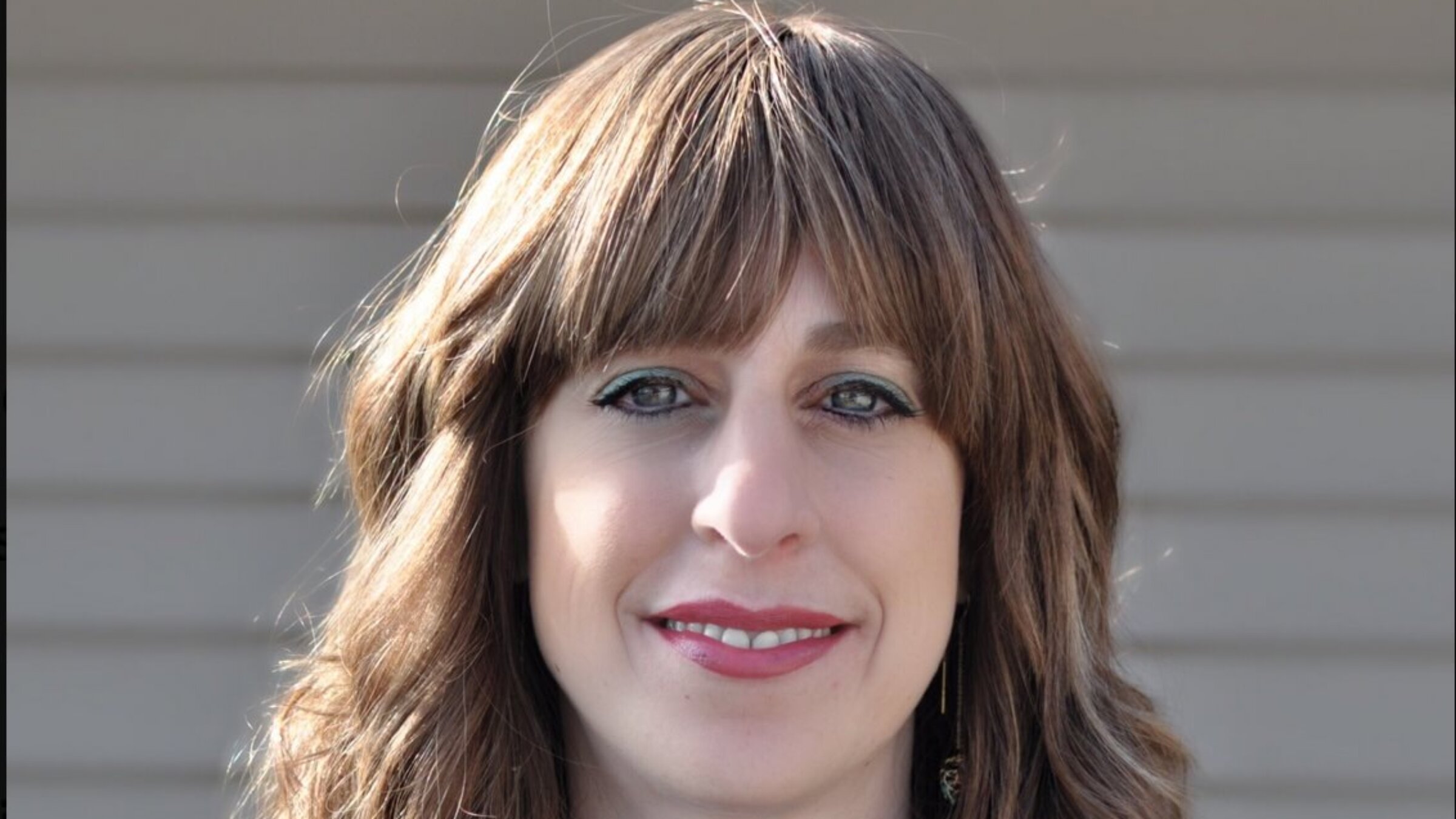
Linguist Chaya Nove Courtesy of Anne Tanenbaum Centre for Jewish Studies University of Toronto
Over the past three decades, there’s been a remarkable rise in popular cultural production by the Hasidic community. Driven by creative energy and a growing demand for culturally suitable entertainment and aided by new technologies that have made production cheaper and more accessible, Hasidim have been involved in theatrical performances, lyrical music, literature, comedy, advertisements, games, and more, all in Yiddish.
Within these genres, the interplay between traditionalism and modernity is evident as American musical styles, literary genres, and cinematographic effects, are refitted in traditional content, such as biblical verses and moralistic tales, resulting in a distinctive Hasidic style. But how are these growing cultural products reflected in the lives of ordinary Hasidic consumers? Based on the premise that social developments are reflected in the everyday language of a group, you can expect that the spoken language would exhibit signs of both innovation and conservatism.
In this Zoom talk held in Yiddish, linguist Chaya Nove will provide an overview of Hasidic popular culture and review several sociolinguistic studies whose results reflect the ideological and cultural diversification within the community, highlighting the capacity of Hasidim to both preserve their traditional lifestyle and adapt to the modern world.
To register for the lecture, click here.
A message from our Publisher & CEO Rachel Fishman Feddersen

I hope you appreciated this article. Before you go, I’d like to ask you to please support the Forward’s award-winning, nonprofit journalism during this critical time.
At a time when other newsrooms are closing or cutting back, the Forward has removed its paywall and invested additional resources to report on the ground from Israel and around the U.S. on the impact of the war, rising antisemitism and polarized discourse.
Readers like you make it all possible. Support our work by becoming a Forward Member and connect with our journalism and your community.
— Rachel Fishman Feddersen, Publisher and CEO








